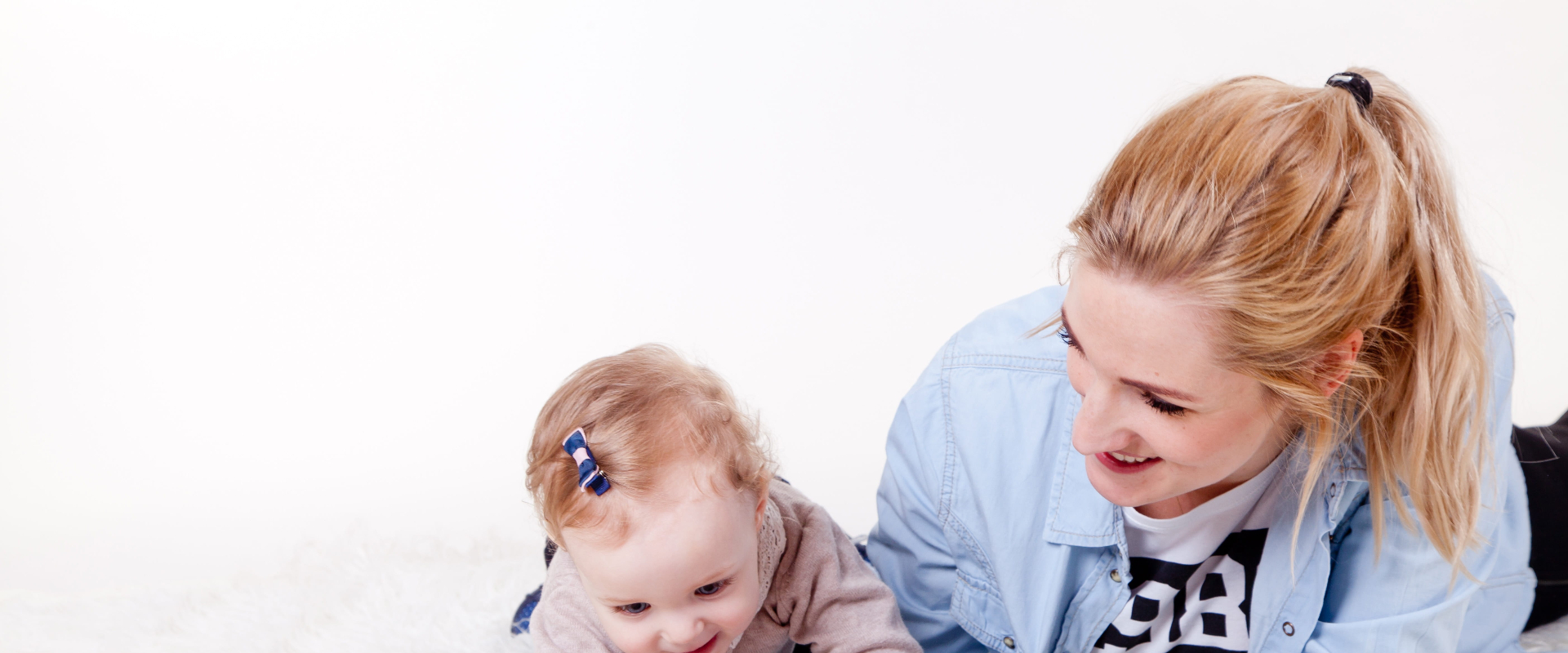What a baby finds happier is while playing, and also, playing on a space saving baby swing is what babies’ do the most. Moreover, a happier baby is equal to a healthy baby. It plays an integral role in the overall development of a baby. It makes the baby observe and learn many new things constantly. Eventually, he or she will be able to recognize the world around them much better, and it shapes their mind with new things every single day.
Physical and Mental Benefits of baby play time activities
More and more neural connections are made, improving cognitive skills, thereby increasing brain functioning to a greater extend. Along with these mental exercises taking place, there are also many physical benefits worked as well. While playing, babies’ soft muscles are moved a lot, so it plays a great deal in the building of number to gain more strength as the baby grows. It also helps in improving both gross motor skills and fine motor skills.
The Best baby play time activities

The baby play time activities are needed to be organized well, knowing its benefits on the baby throughout the games. It should engage the baby to be livelier, and he or she should take active participation and respond to the plays. Some of the best playtime activities are described as follows:
- Providing the baby with playful objects- with different shapes and sizes in varied colors- evokes interest in babies quite fast. One can choose the best set of soft toys or rattles for the baby with good quality. Cloth books are also trending these days, with books having pages of different textures. Feeling different textures and surfaces are a great way to improve their ‘touching’ senses.
- Observation skills are maximized when taking to different places. To keep it simple, just the surroundings around the home are enough where babies are given a chance to see different things than they used to see indoors, and that too different objects with different colors.
- Babies enjoy elder ones’ actions, and they could continuously watch it for a long time from a baby swing. You can check out the best swings to get from this site: https://babyjourney.net/best-baby-swing-for-small-spaces/. Singing, playing tiny action songs, tickling, and talking with them are good baby play time activities that make them feel excited.
- Even though they are far from reading or understanding anything from being read, that does not mean one should not read to them. Try reading in front of them and slowly identify sounds and tones, which has proved to be highly beneficial.
- Making faces, smiling, laughing, rolling eyes, or other facial expressions can create interest in babies since it is fun to watch it. Most importantly, it is face-to-face play, which is considered significant among the baby play time activities. After all, babies love to watch facial expressions.
Babies grow up imitating the grown-up ones just by observing them constantly on what they do and how they do, so on and so forth. Hence, baby play time activities should be performed by well-planned games to engage the babies completely, which enhances their capacities to a greater extend.…


 If your child is shy, you should not do any of the following:
If your child is shy, you should not do any of the following: